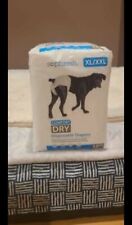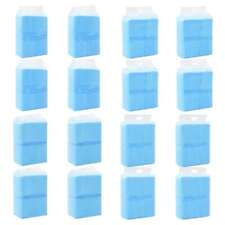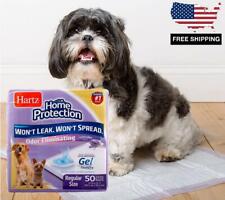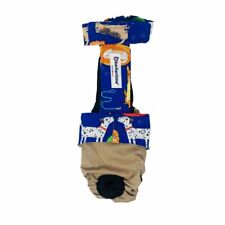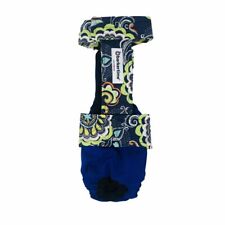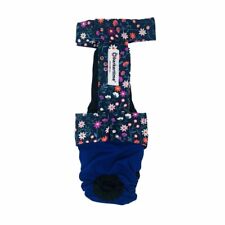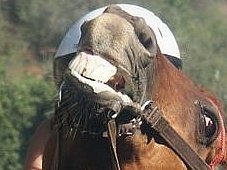Top 10 Dog Breeds Affected By Periodontal Disease
Banfield’s Applied Research and Knowledge (BARK) team has released new findings to help Pet owners maintain and improve the health of their dogs’ teeth. Banfield’s BARK team conducts ongoing research in the field of veterinary medicine based upon the data from the nearly 115,000 office visits to Banfield hospitals every week. The findings show that periodontal disease is the most common disorder affecting cats and dogs worldwide, and informal estimates put it’s prevalence as high as 85%.
Classified by the degree of deviation from healthy teeth and gums, the severity of dental disease is labeled by six stages, which is also supported by BARK findings. These stages range from mild plaque and gingivitis, to gingival recession and degradation of the periodontal ligament, to significant inflammation and loss of teeth. According to their latest findings, certain breeds are more predisposed to periodontal disease than others. The 10 breeds most predisposed to periodontal disease are as follows:
- Toy Poodle
- Yorkshire Terrier
- Maltese
- Pomeranian
- Shetland Sheepdog
- Cavalier King Charles Spaniel
- Papillion
- Standard Poodle
- Dachshund
- Havanese
"All breeds need regular professional cleanings, but with regard to the top breeds at risk, professional dental cleanings and compliance with at-home care of the health of teeth and gums is especially crucial," said Jeffrey Klausner, DVM, MS, DACVIM, senior vice president and chief medical officer for Banfield. "Although dental disease can occur rapidly at any age, risk factors for developing periodontal disease in dogs can include increasing age, small breed size and neutering. Periodontal disease has also been associated with changes in a pets’ kidneys, liver and cardiac functions – in short, unhealthy teeth can lead to an unhealthy pet in ways pet owners can’t imagine."
Banfield recommend that proper at-home preventive dental care should include feeding your pet a firm, kibbled food specially formulated to reduce tartar accumulation, use of specially-formulated hygiene chews and dental specific water additives.



